In 1963, Martin Heidegger sat down for an interview with Bhikku Maha Mani, a Vietnamese-born Buddhist monk, radio presenter and great admirer of the reclusive and influential German philosopher. In their wide-ranging conversation, Maha Mani poses broad questions to Heidegger, yielding an illuminating exchange of ideas between two distinct schools of thought – and some characteristically enigmatic answers. Heidegger shows a sincere appreciation of aspects of Buddhism, such as its rejection of materialism and the compatibility of non-theism and religion. Some of the considerable differences between Buddhist thought and his own emerge as well, including his notion that, among living things, only humans possess the burden of ‘Being’. Their discussions of these timeless questions also open the way for fascinating glimpses into Heidegger’s views in the wake of the Second World War, including his call for a new age of thought and self-reflection amidst the ceaselessly rising tide of technology, and the enduring need for philosophy despite its historical shortcomings.
A Buddhist monk probes Heidegger on the limits, and necessity, of philosophy
Reporter: Bhikku Maha Mani
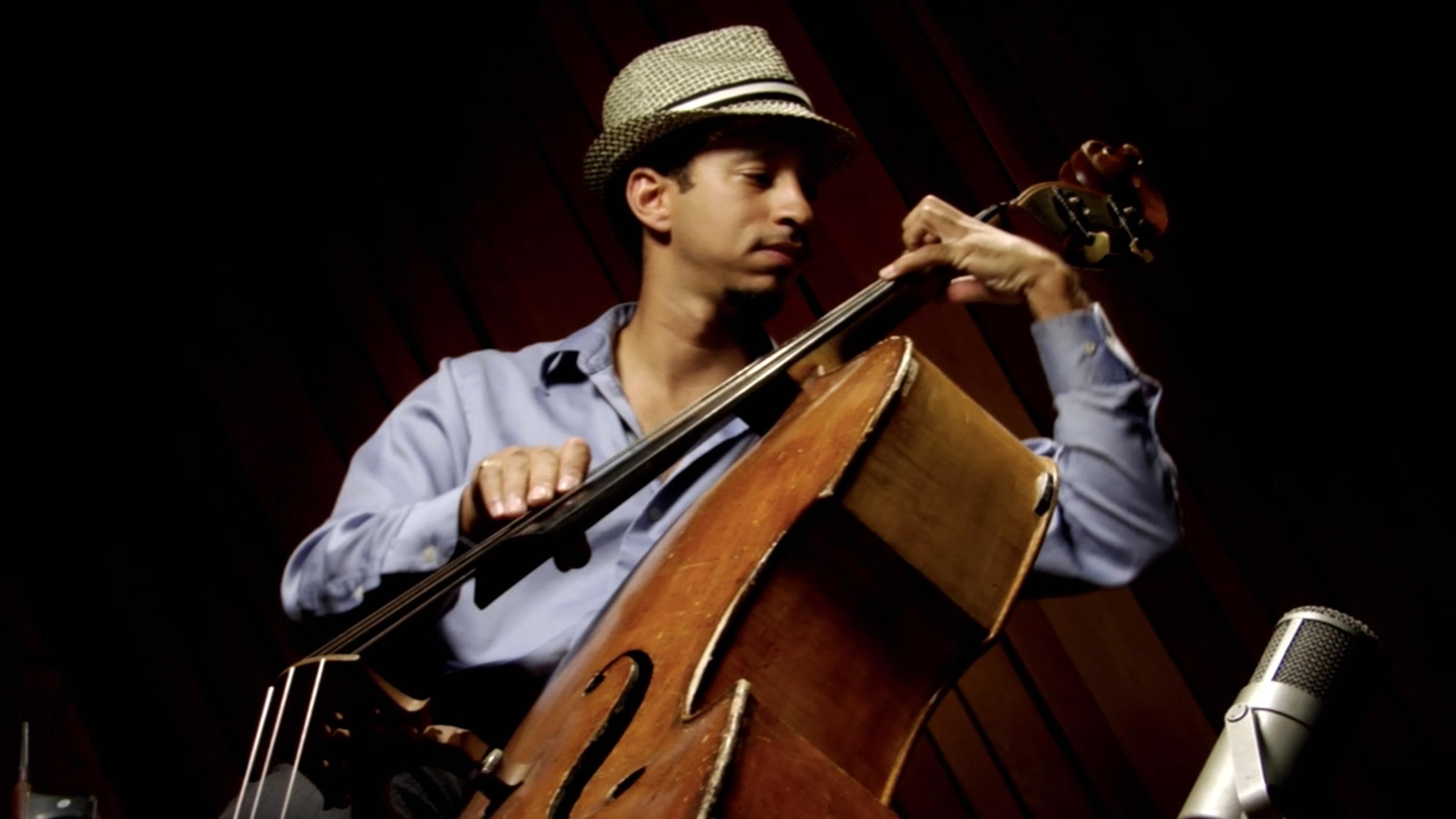
videoHistory of ideas
I am, therefore I think – how Heidegger radically reframed being
13 minutes

videoKnowledge
True mastery demands going beyond the rules to learn for yourself
15 minutes
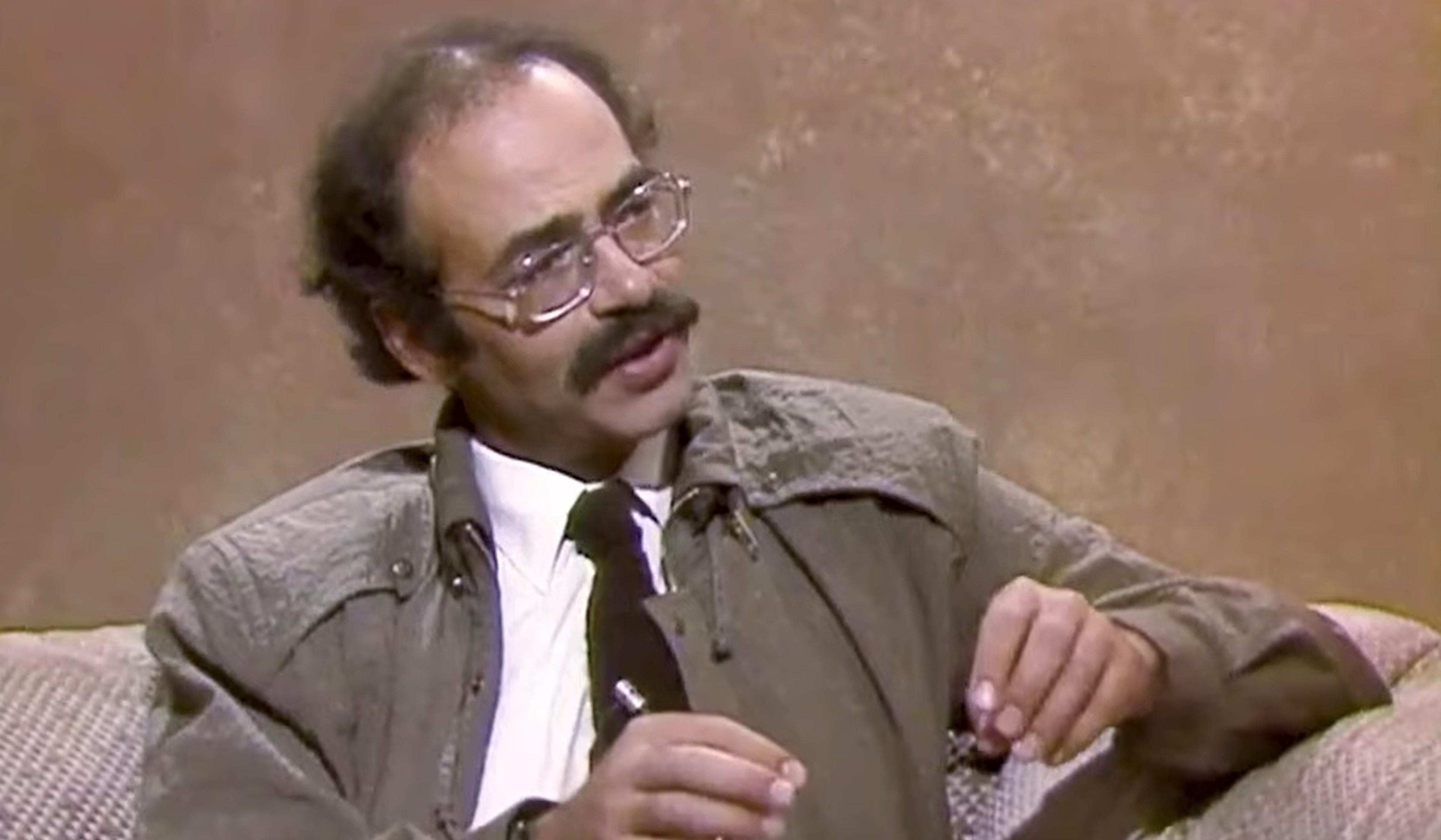
videoHistory of ideas
Peter Singer charts the path from Hegelian philosophy to Marxist revolution
43 minutes

videoThinkers and theories
When Chomsky met Foucault: how the thinkers debated the ‘ideal society’
14 minutes
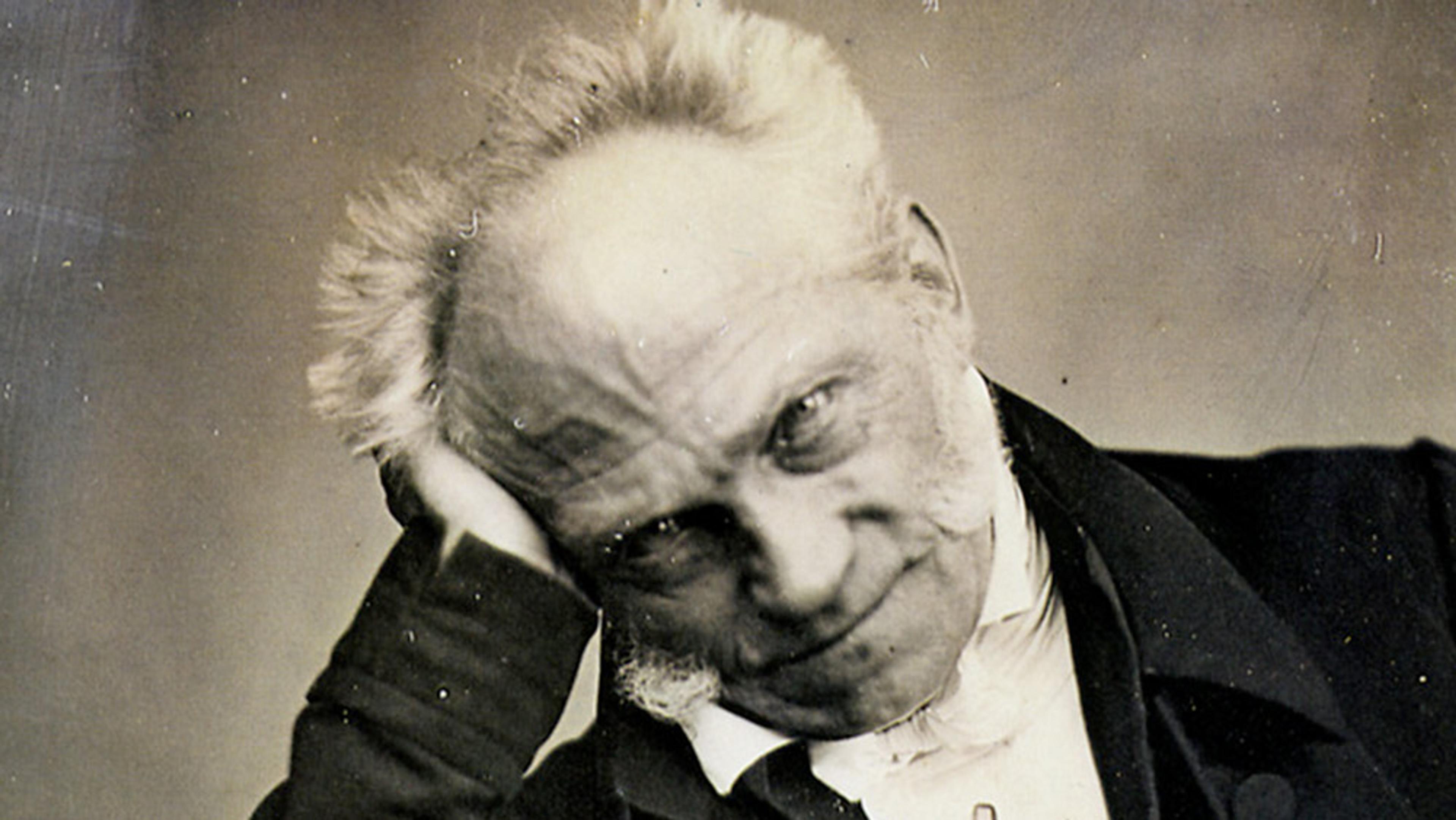
videoThinkers and theories
The intellectual legacy of philosophy’s greatest pessimist: life is suffering, art is supreme
44 minutes

videoPolitical philosophy
‘I’m against all forms of oppression’: Simone de Beauvoir, in her own words from 1959
40 minutes

videoMeaning and the good life
Leading 1950s thinkers on the search for happiness in trying times
29 minutes
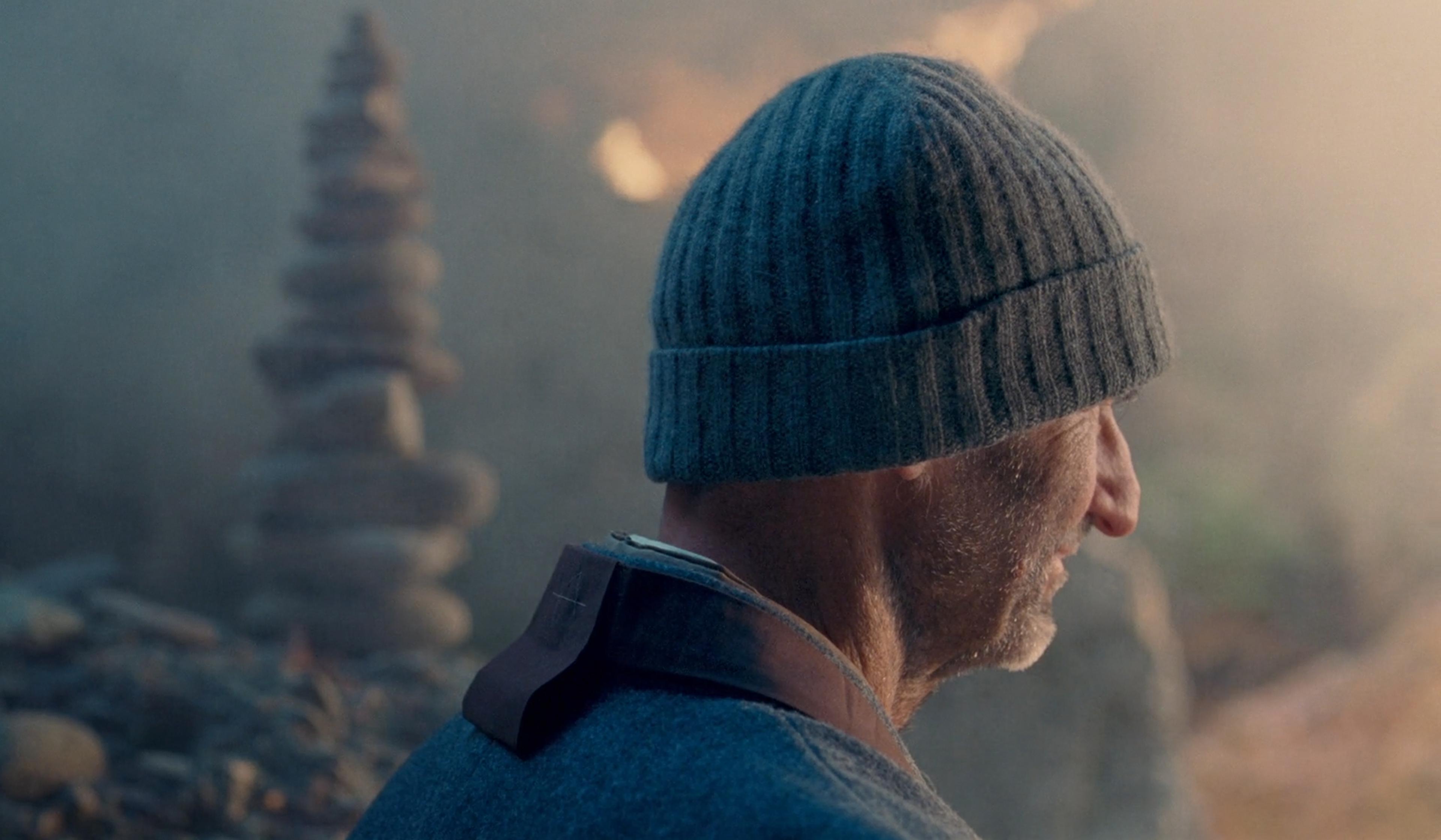
videoValues and beliefs
A Zen Buddhist priest voices the deep matters he usually ponders in silence
5 minutes
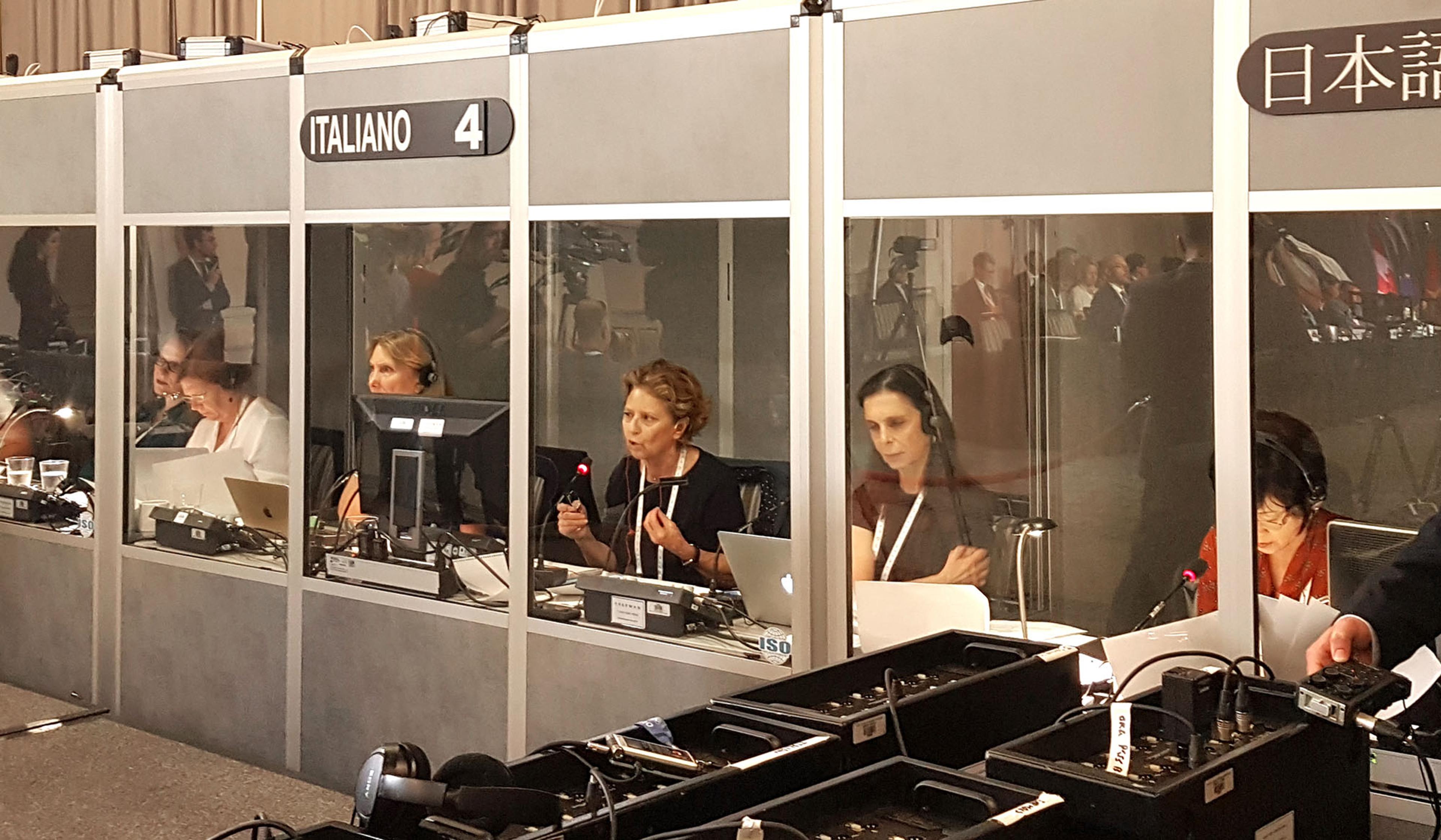
videoPhilosophy of language
For Ludwig Wittgenstein, language is a game, but not a frivolous one
43 minutes